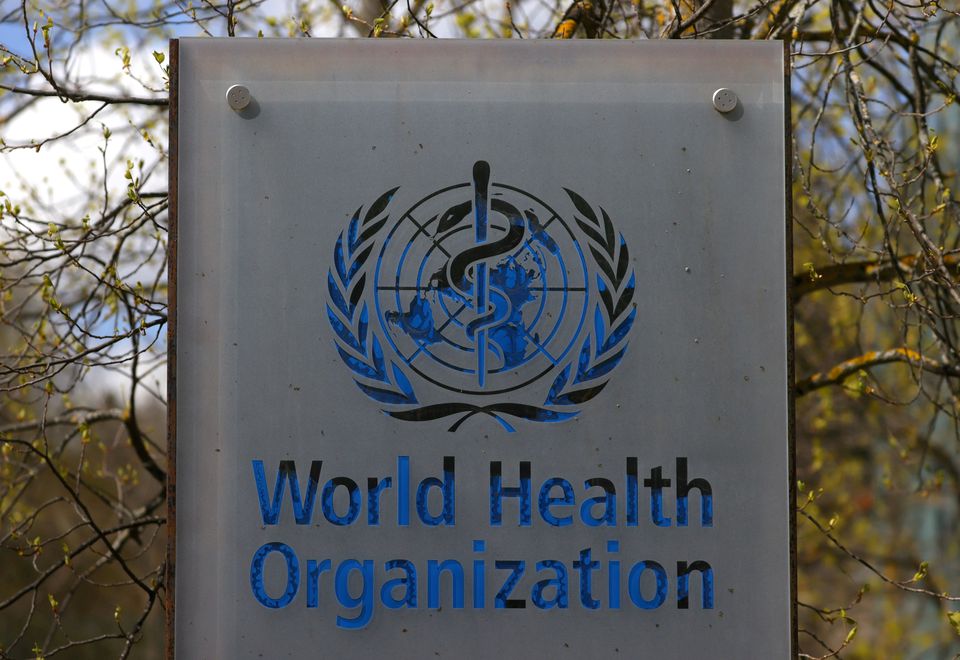KATHMANDU : The World Health Organization (WHO) has congratulated Nepal for formulating a law restricting levels of industrially produced trans-fatty acids in food items. In a recent press statement, Saima Wazed, Regional Director for Southeast Asia, lauded Nepal for taking steps to curb the production of trans fat through legislation, a move aimed at promoting health and saving lives.
“Eliminating trans-fatty acids is a cost-effective measure with great health benefits in preventing premature deaths from cardiovascular diseases,” said Director Wazed. She expressed her confidence that the new legislation would potentially protect nearly 80 percent of the Southeast Asia Region’s population from the harms of trans-fatty acids. Trans-fat is found in industrially produced vegetable ghee and oil. Nepal issued the new laws on trans-fatty acids on February 8 in the Nepal Gazette.
The new legislation mandates that the amount of trans fat should not exceed 2 percent of the weight of the total fatty acids contained in the food items. Globally, 540,000 deaths are attributed to the intake of industrially produced trans-fatty acids, according to the WHO. “High trans-fat intake significantly increases the risk of death from cardiovascular diseases. Trans-fat has no known health benefits,” said the press statement. In the WHO South-East Asia Region, non-communicable diseases cause 69 percent of the nearly nine million deaths every year, with cardiovascular diseases being the major cause of death, according to the press statement. Nepal has become the fifth nation to issue legislation on trans-fatty acids after Thailand, India, and Bangladesh adopted the same regulations in 2022, while Sri Lanka followed suit in 2023.
The WHO has expressed its confidence that the elimination of trans-fatty acids from the food supply would enhance the health and wellbeing of people and also help attain the Sustainable Development Goals (SDG) target of reducing premature mortality by one-third from non-communicable diseases by 2030.


